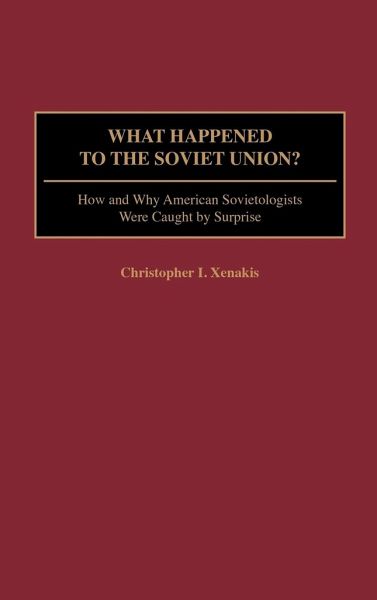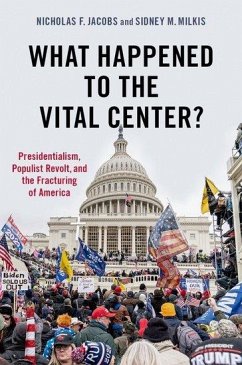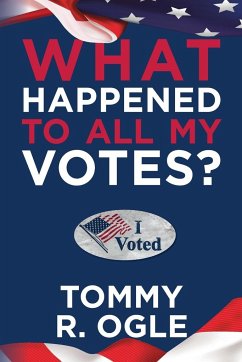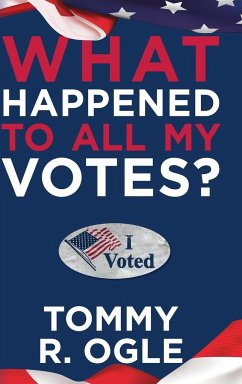
What Happened to the Soviet Union?
How and Why American Sovietologists Were Caught by Surprise

PAYBACK Punkte
44 °P sammeln!
Xenakis examines the responses of Soviet experts in American academia-primarily political scientists, but also economists and defense scholars who specialized in the USSR-to the unfolding evidence of Soviet reform during the 1970s and 1980s and to its ultimate collapse. He concludes that American Sovietologists and other political scientists were more responsive to the Cold War consensus-to the needs of the State Department, Defense, and CIA policy makers and to the official Washington line of the moment-than to the changing face of the Soviet Union. As Xenakis makes clear, many of the Cold Wa...
Xenakis examines the responses of Soviet experts in American academia-primarily political scientists, but also economists and defense scholars who specialized in the USSR-to the unfolding evidence of Soviet reform during the 1970s and 1980s and to its ultimate collapse. He concludes that American Sovietologists and other political scientists were more responsive to the Cold War consensus-to the needs of the State Department, Defense, and CIA policy makers and to the official Washington line of the moment-than to the changing face of the Soviet Union. As Xenakis makes clear, many of the Cold War ideas and attitudes shared by Sovietologists-the notion that the USSR was an evil empire; the idea that Soviet society was irredeemably xenophobic and indolent; that the Soviet political and economic system could not be fixed or reformed; and the view that the best way for Washington to deal with Moscow's influence was to contain the USSR through arms races, global, and proxy wars-were reminiscent of the policies and arguments of the Truman and Eisenhower administrations, not to the facts on the ground in the 1970s and 1980s. An important work for scholars, students, and researchers involved with Soviet and Russian studies, international political and military affairs, intellectual history, and the relationship between academia and the government.













